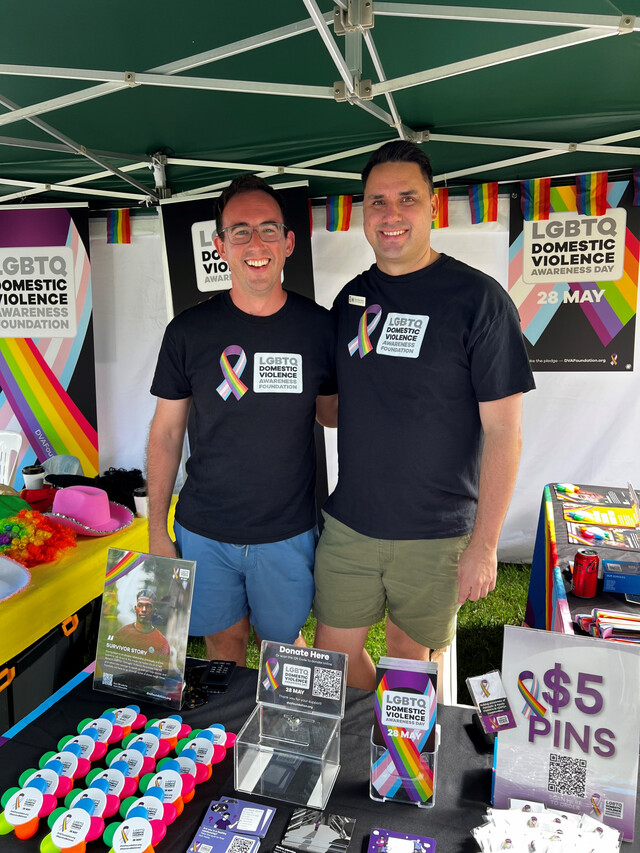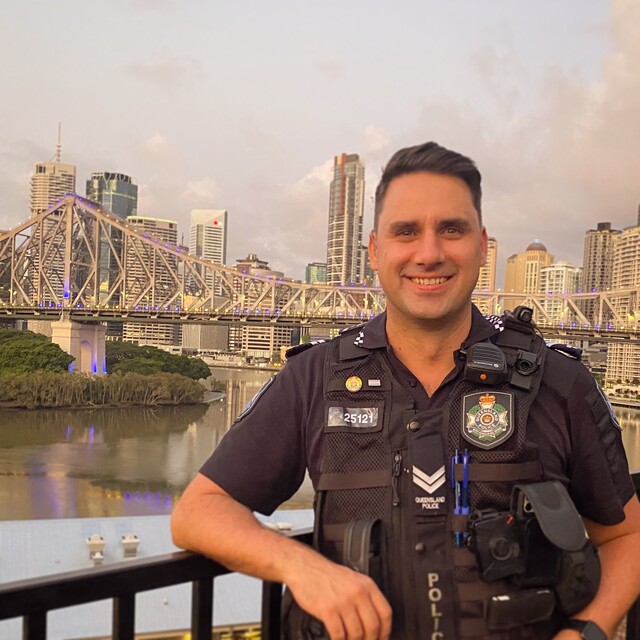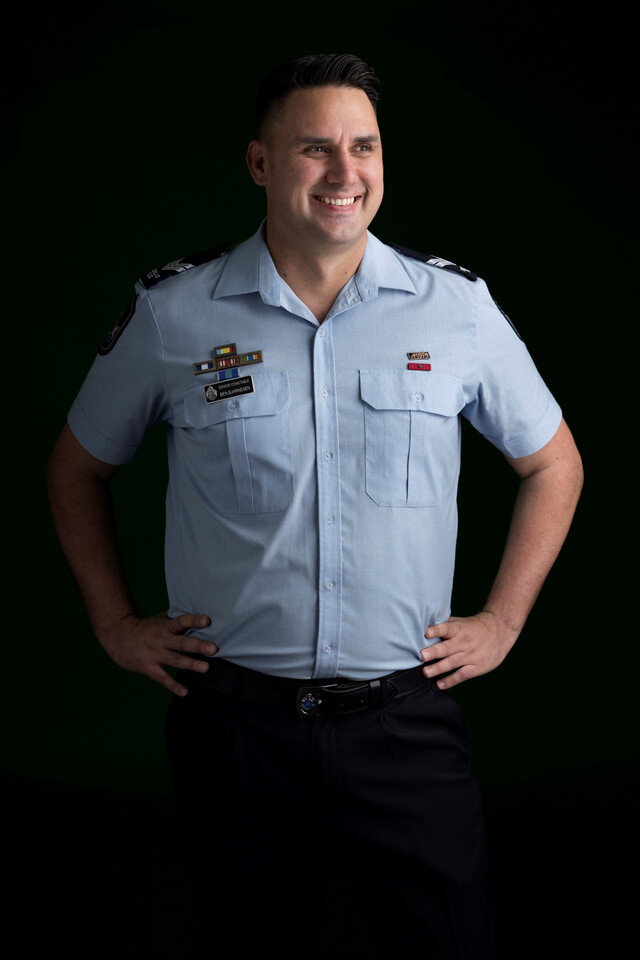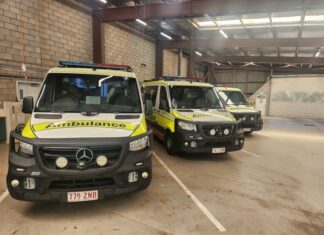Senior Constable Ben Bjarnesen’s path to becoming a beacon for LGBTQ+ domestic violence (DV) awareness began when he joined the Queensland Police Service (QPS) at age 23.
Ben felt a strong pull towards a career where every day would bring new challenges and opportunities to make a meaningful impact on the community.
When Ben joined in 2007, he faced significant challenges as a gay man, knowing only one openly gay officer.
Fearing discrimination, Ben decided to hide his sexuality, however, a dangerous situation in a small-town station forced him to ‘come out’ for his safety.
“Intelligence was received that local offenders had planned to target a ‘gay officer’ when he was off duty,” Ben said.
The threat prompted his transfer out of town, highlighting the lack of support and inclusion initiatives for LGBTQ+ officers at the time.
Over the years, Ben has witnessed significant progress in the acceptance of LGBTQ+ people within QPS.
“We’ve come a long way in the last 15 years,” he said.
“The introduction of the LGBTQ+ Liaison Officer Program and internal Pride Network has fostered a more inclusive environment.
“Now, there are more LGBTQ+ police officers and staff members out in the workplace than ever, which is crucial for reflecting the community we serve.”
Ben’s personal experience with DV profoundly impacted his perspective. Despite dealing with DV cases as a police officer, he did not initially recognise the abuse in his own same-sex relationship.
“There were no conversations about DV in LGBTQ+ communities,” he said.
“Research indicates that 60 per cent of LGBTQ+ people have experienced domestic violence, but only a tiny fraction report it.
“It wasn’t until I stumbled across a relationship checklist on an LGBTQ+ DV website and ticked nearly every box, that I finally realised what I was experiencing was DV.”
Lacking formal support systems, Ben relied on friends and family to escape the abusive relationship.
This personal ordeal fuelled Ben’s commitment to advocacy. He founded the LGBTQ+ Domestic Violence Awareness Foundation to address DV in LGBTQ+ communities.
“At the time of starting the foundation, DFV in LGBTQ+ communities was a hidden issue,” Ben said.
“I was lucky enough to receive a Churchill Fellowship in 2016, which allowed me to travel and learn best practices internationally and advocate for better responses within the QPS.
“Through my work with the Foundation, I have been able to expand my advocacy to a national and international scale, raising awareness and upskilling police, frontline services and workplaces to better respond to LGBTQ+ DV.”
Ben finds immense reward in helping others, and his work has led to noticeable cultural changes within QPS regarding LGBTQ+ acceptance and DV awareness.
“The greatest reward that I get from my work is receiving messages from victim-survivors who recognised DV in their relationships and took steps to ensure their safety,” he said.
“There is still much to be done, but we have made significant progress in recent years.”
Through his foundation, Ben has also spearheaded an online training tool to better equip frontline workers to support LGBTQ+ victims and survivors of domestic violence and abuse.
“This training will provide frontline workers with the tools they need to recognise and respond to LGBTQ+ people who are victims and survivors of domestic or family violence,” he said.
“It will shed light on what LGBTQ+ identities and experiences look like and the barriers LGBTQ+ people may face when reporting abuse.”
Ben’s advice to LGBTQ+ people experiencing DV is clear, “You are not alone. There are police and organisations who will support you. You deserve to be seen, heard, and believed.”
If you or someone you know is experiencing domestic and family violence, you should report it to police.
Support and counselling is available from the following agencies:
DVConnect Womensline: 1800 811 811
DVConnect Mensline: 1800 600 636
1800 RESPECT: 1800 737 732
13YARN: 13 92 76










